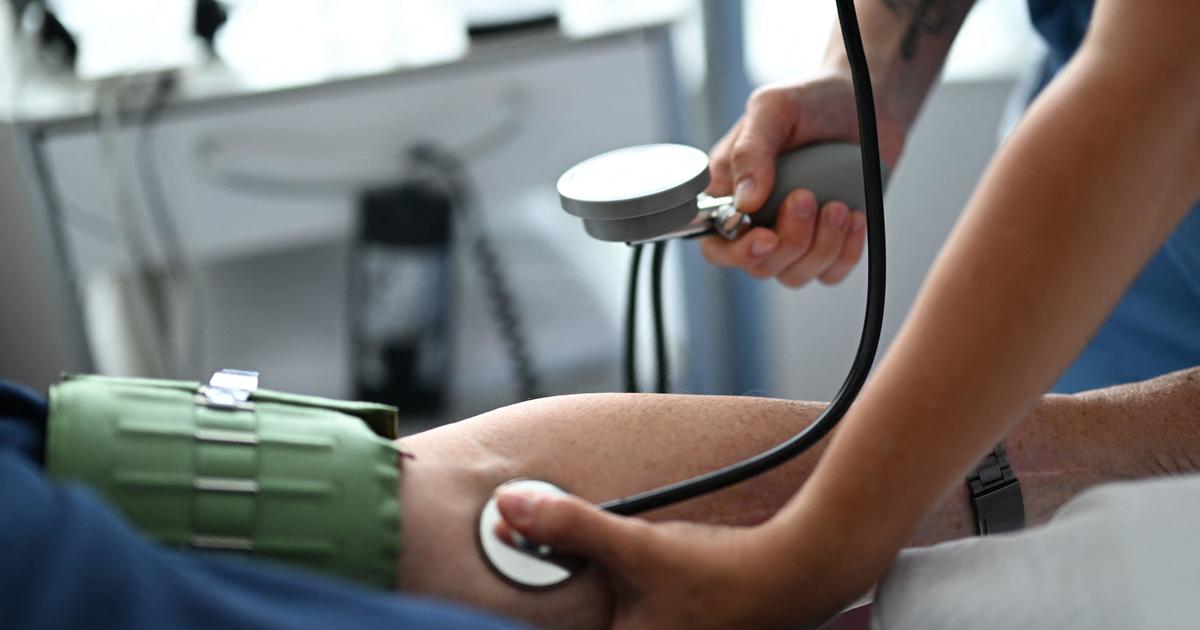Seen At 11: Oral Treatment Could Be A Game-Changer For Women Suffering From Uterine Fibroids
NEW YORK (CBSNewYork) -- With seventy percent of women in the U.S. suffering from uterine fibroids, the pain and discomfort they cause is one of the most universal health experiences.
As CBS2's Dr. Max Gomez explained, a new treatment option may soon be prescribed.
"I was in so much pain," one woman said.
"I've been in pain every day," another added.
Some have called the symptoms debilitating.
"I just dropped to the floor," a patient said.
Fibroids are non-cancerous muscle tumors that grow in or on the uterus.
"Twenty-six-million women across the U.S. are likely to have fibroids. Probably about half don't even know it," Dr. Payal Shah said.
Why they form is still unknown, but what doctors do know is that they can wreak havoc on a woman's body causing heavy, painful periods, fertility issues, and problems with pregnancy.
"There could be one, there can be 25, from the size of a peanut to the size of a basketball," Dr. Shah said.
Depending on the severity treatment options may vary. Some simply take birth control pills, others hormone blocking injections or a procedure to block blood flow to the uterus.
Because fibroids typically continue to grow until a woman reaches menopause, many opt for surgery.
"Ultimately, having a hysterectomy," Dr. Shah said.
Now, relief could come in something as simple as a daily pill.
"These new oral therapies that are coming to the market are actually quite exciting," Dr. Shah said.
Although still in development several oral medication options have shown promise in improving symptoms and even shrinking fibroids.
"That gives the patient the option of doing something on a daily basis that right now is showing to have minimal side effects," Dr. Shah said.
Gina Bollander didn't even know she had a fibroid until she became pregnant with baby Bella.
"They told me it was the size of a softball," she said.
Fueled by a pregnancy hormonal surge, Bollander's firboid grew so big the pressure caused intense pain down her legs and ultimately forced her to have a c-section.
"The fibroid was blocking the birth canal," Dr. Shah said.
At just 31, she wants another child, but knows potential complications and scar tissue from surgery to remove a fibroid could impact future pregnancies.
"That makes me feel excited that there might be something other than surgery as an option," she said.
The new drugs are still in clinical trials, but the first FDA approval may come as early as the spring.



